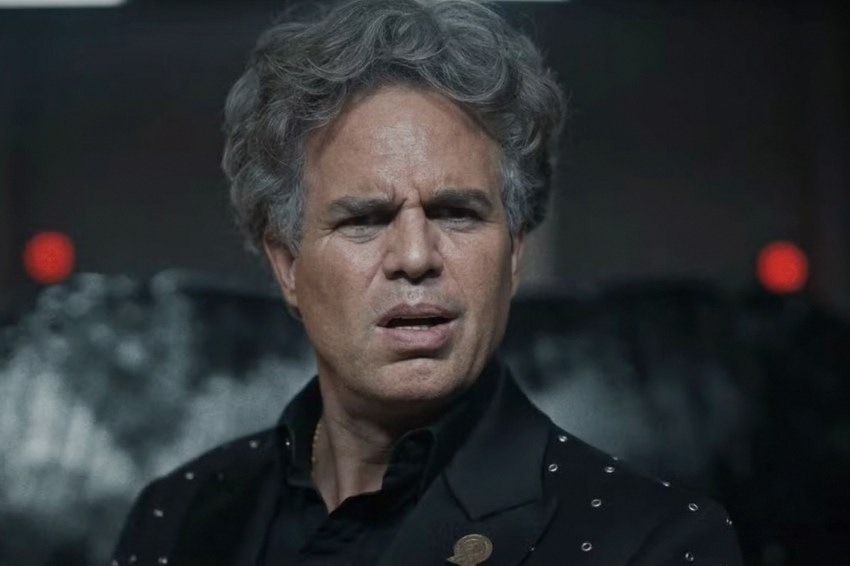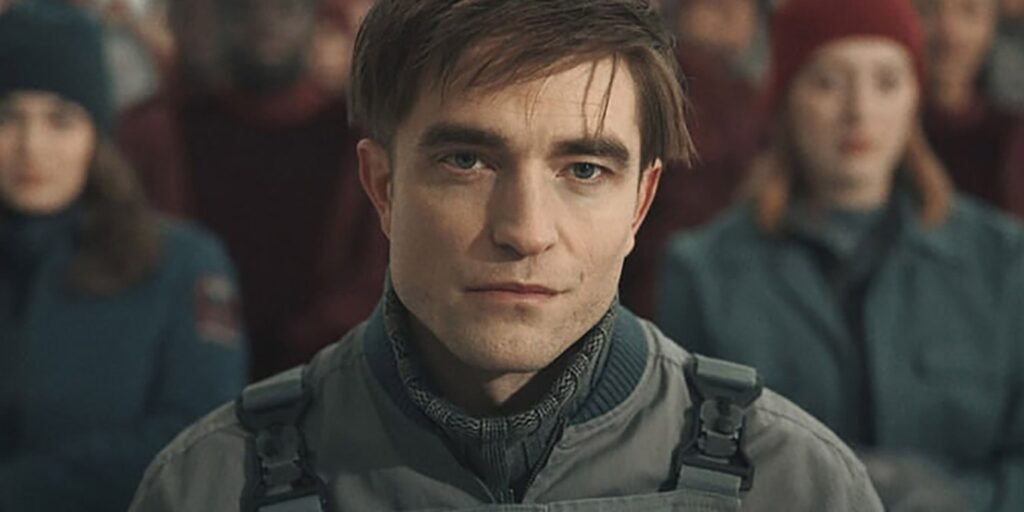There’s nothing fairly as stimulating as a satire performed proper. Our brains hit that candy spot the place we’ve suspended disbelief sufficient to immerse ourselves in a fictional world, and but concurrently stay conscious of the metaphor linking all the things again to our personal actuality. American audiences had been wowed by this feat again in 2020 when Bong Joon-ho’s Parasite took the academy award for finest image, amongst others, and embraced cultural introductions to ram-don and mnemonic songs like “Jessica from Chicago”.
His newest launch, Mickey 17, which simply arrived to HBO Max, hits nearer to residence for American audiences, making it a harder capsule to swallow. Set within the 12 months 2050, the place disgraced politician, businessman, and spiritual cult chief, Kenneth Marshall, performed by Mark Ruffalo, combines facets of Donald Trump’s television-style political productions with Elon Musk’s assist for pro-natalism and area colonization.

We will’t droop our disbelief when scenes and dialogue escalate to such a satirical excessive that’s nonetheless harking back to every day information clips. It’s a mirror held as much as American society, exhibiting us how we’ve turn into desensitized to conduct like Marshall’s by our personal discomfort or boredom when introduced together with his character. The need to show away, to show the film off, and select one thing extra consistent with the escapist sci-fi style we had been in search of, stands out as the level.
By echoing the present political local weather in opposition to a backdrop of fictional know-how, Joon-ho speculates what our future would possibly turn into if we proceed to look away. In a world the place AI and humanoid robots are making exponential developments, the concept of interplanetary area journey and human printing aren’t as unbelievable as they as soon as might need been. The moral implications for folks on the underside rungs of society, like Mickey, aren’t a shock.
The job title “expendable”, in and of itself, displays the methods society has traditionally taken benefit of susceptible populations for the advantage of the elite. Harmful working circumstances, scientific experimentation, and cost-benefit evaluation of human life are all actual examples we are able to discover inside historical past books. They don’t exist within the sterile vacuum of science fiction. Joon-ho’s criticism attracts parallels between the technological advances of an American future and the economic revolution or expansionist beliefs of Manifest Future.
I don’t assume it’s any coincidence he ends the story with a lady of shade stepping right into a management position after successful an election, placing the top of the dangerous “expendable” program, and being curious sufficient to comply with science’s need to speak with the planet’s native species as an alternative of giving into the fearful urge to get rid of them.
